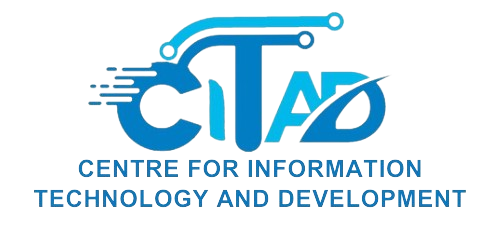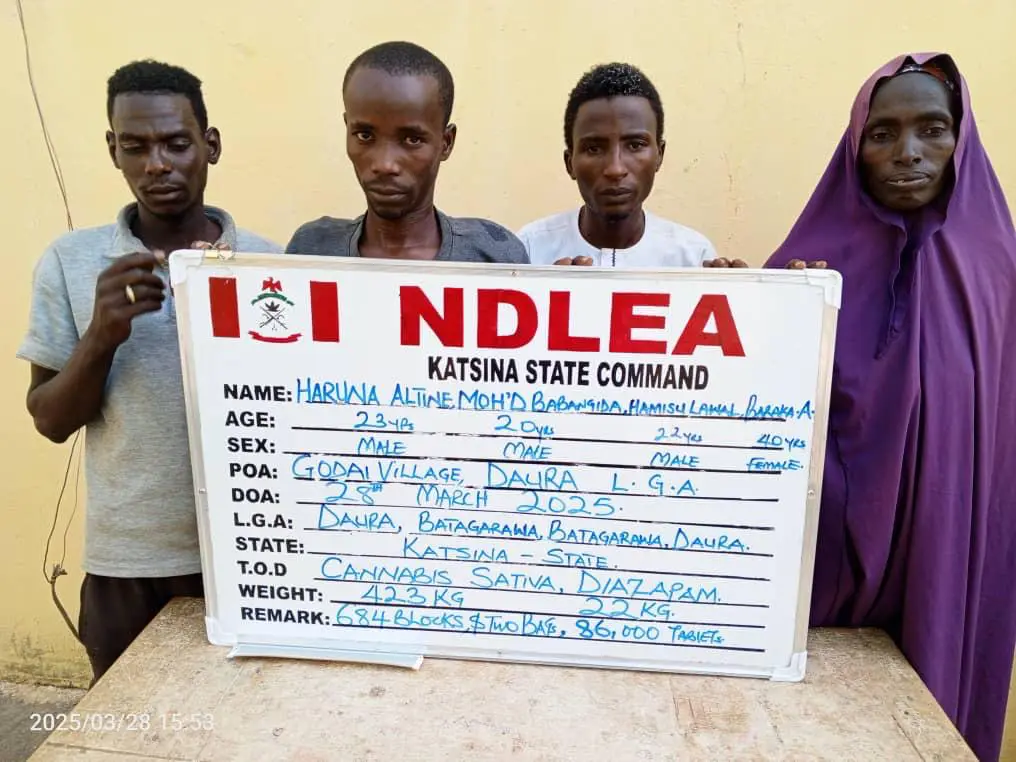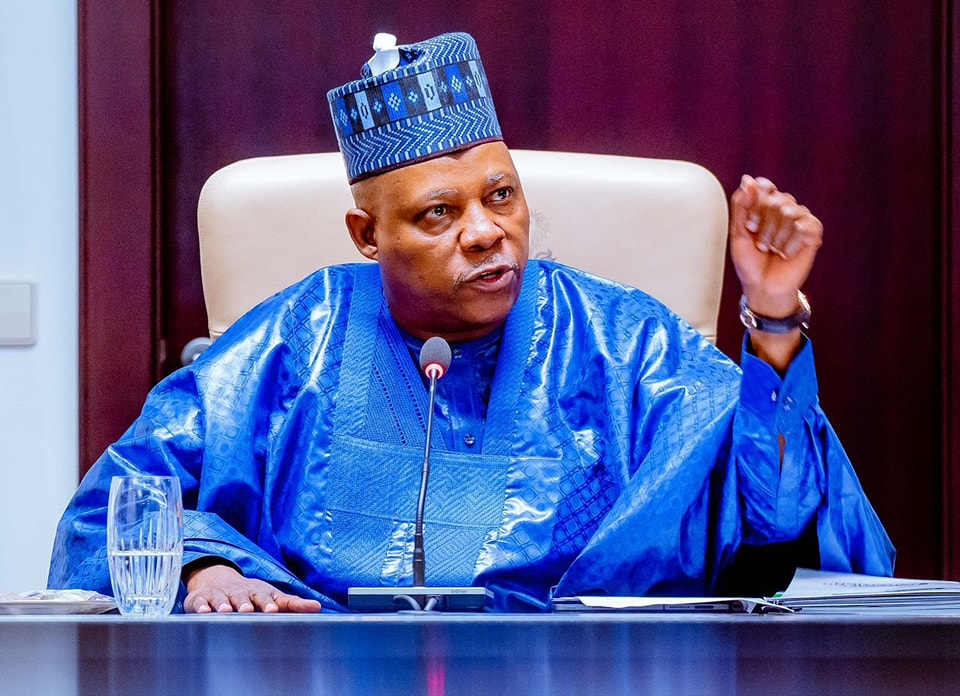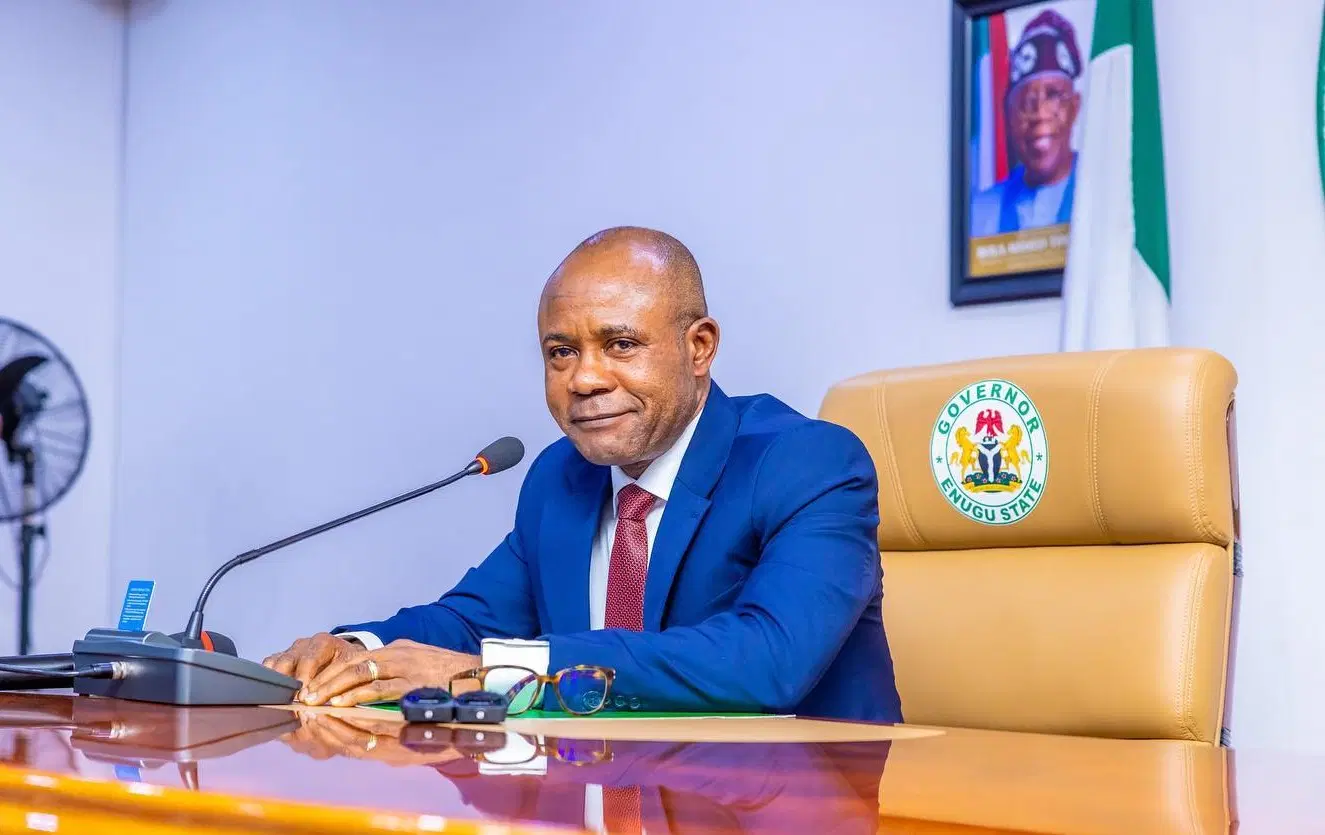As the cost of internet data soars in Nigeria, the Centre for Information Technology and Development (CITAD) warns that the digital divide is deepening, leaving millions of Nigerians disconnected from essential online services.
The Rising Cost of Connectivity
The Centre for Information Technology and Development (CITAD) has sounded the alarm over the increasing cost of internet data in Nigeria, highlighting its detrimental impact on the country’s efforts to bridge the digital divide. At a press briefing held in Kano on Monday, Haruna Adamu Hadeija, Coordinator of Community Network at CITAD, emphasized how the recent 50% tariff hike on data, calls, and SMS—approved by the Nigerian Communications Commission (NCC)—is exacerbating the challenges faced by underserved communities.
“Now that data charges have been increased by 50%, students and parents in underserved areas have to pay dearly to enable their children to learn online,” Hadeija stated. “This cost hike not only widens the existing connectivity gap but also makes digital liberation nearly impossible for millions of Nigerians.”
The Stark Reality: Millions Left Behind
Despite Nigeria’s progress in expanding internet access, a significant portion of the population remains disconnected. According to a 2022 report by the Universal Service Provision Fund (USPF), an estimated 27.91 million people across 97 underserved communities still lack access to the internet.
This lack of connectivity disproportionately affects students, youth, and women, particularly in rural areas. Hadeija painted a grim picture of the challenges faced by these communities: “In regions where internet access is absent, parents must send their children far from home just to register for computer-based tests, conduct exams, and check their results. It is unfair that many communities are left behind because they cannot afford internet services.”

The Impact on Education and Economic Opportunities
The rising cost of data is not just a financial burden—it is a barrier to education, economic opportunities, and social inclusion. For students in underserved areas, online learning has become a luxury they can scarcely afford. Parents are forced to make difficult choices, often sacrificing other essential needs to pay for internet access.
Similarly, small businesses and entrepreneurs in rural areas are struggling to compete in an increasingly digital economy. Without affordable internet access, they are cut off from online marketplaces, digital tools, and opportunities for growth.
A Call for Policy Interventions
CITAD is urging the Nigerian government to take immediate action to address the widening digital divide. Hadeija called on the Minister for Digital Economy to officially recognize community networks as an additional layer of connectivity providers in the country.
“We urge the USPF to support local communities with grants to deploy their own connectivity initiatives,” he said. “These community networks are not competitors to Mobile Network Operators (MNOs); they are complementary solutions to bridge the existing connectivity gap.”
Community networks, which are locally owned and operated, have the potential to provide affordable and reliable internet access to underserved areas. However, they require government support and funding to scale their operations and reach more communities.
Empowering Communities for Sustainable Solutions
In addition to policy interventions, CITAD is advocating for capacity-building initiatives to empower local communities. These initiatives would focus on resource mobilization, technical training, and sustainability planning to help communities create self-sufficient, community-centered networks.
By equipping local stakeholders with the skills and resources they need, CITAD believes that Nigeria can build a more inclusive digital ecosystem—one that leaves no one behind.
Read Also: “Tragedy Strikes Honduras: Plane Crash Off Caribbean Coast Kills Seven”
The Bigger Picture: Bridging the Digital Divide
The rising cost of data is a symptom of a larger issue: the unequal distribution of internet access in Nigeria. While urban areas enjoy relatively stable and affordable connectivity, rural and underserved communities are being left behind.
This digital divide has far-reaching implications for Nigeria’s development. It limits access to education, healthcare, and economic opportunities, perpetuating cycles of poverty and inequality. Bridging this gap is not just a matter of infrastructure—it is a matter of social justice.
A Call to Action
CITAD’s warning is a wake-up call for Nigeria’s policymakers, regulators, and stakeholders. The rising cost of data is not just an inconvenience—it is a barrier to progress that threatens to leave millions of Nigerians behind.
To build a more inclusive digital future, Nigeria must prioritize affordable internet access for all. This requires a combination of policy interventions, community empowerment, and investment in innovative solutions like community networks.
As Hadeija aptly put it, “Digital liberation should not be a privilege for the few—it should be a right for all.”
















Got a Questions?
Find us on Socials or Contact us and we’ll get back to you as soon as possible.